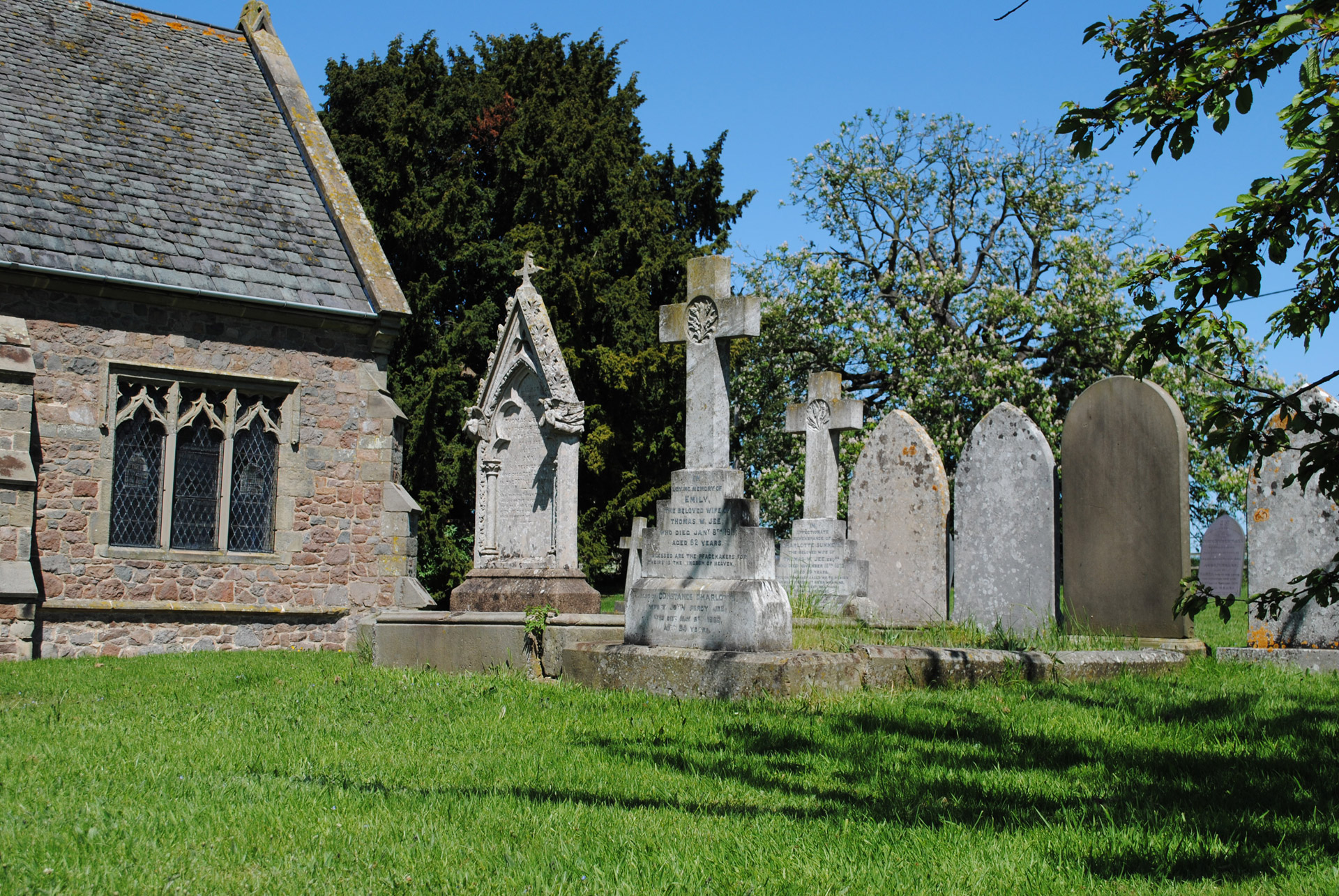What Is A Funeral Celebrant?

January 14, 2021
Traditional
Bob Dylan once sang the song, “The times, they are a-changing” and how right he was, especially in the Funeral Industry. Going, Going, Gone… are many of the traditions and “dyed in the wool” practices that had been in the industry for so long, we do indeed have change.

People now have more choices, such as, which Funeral Director to choose, which coffin, what type of ceremony, what music, and so on. The type of ceremony is now becoming one of the most important choices for many. Do they choose a “traditional” religious ceremony, or as many are now doing, do they choose a non-religious ceremony, a “celebration of life” ceremony?
A celebration of life ceremony focuses on the life of the deceased, the type of person they were, their personality, their characteristics, their family history etc. It is a more personal service and it helps their family and other mourners to relate to their deceased loved one and recall many things they did with them when they were alive.
It takes great skill and experience to put together a ceremony which is personal, meaningful and delivered with warmth and feeling that captures the very essence of the deceases life. It takes a skilled and trained celebrant to meet with the family and write a eulogy that has some meaning… and thereby lies a problem. We all know that anyone can take a funeral service, but that doesn’t mean that anyone should.
In many industries there are untrained, unregulated operators who think they can “do the job” and the funeral industry is no different. Now there are many people who have not had the formal training who think they can take a funeral service.
Some are “self-taught”, some are friends of trained celebrants who have given them a few tips and sent them on their way, borrowed training material from courses. However they have come to call themselves “celebrants”, but they are untrained, and not received the accreditation that is recognized by the funeral industry and most celebrants do not continue with professional development in the way of further training or refresher courses.
What if something goes wrong at the service, is the celebrant covered by insurance and how would you as a funeral director deal with any complaints from families especially if the celebrant hasn’t had the formal training and accreditation this is an increasing problem within the industry.
Anne Barber Managing Director from Civil Ceremonies quoted:- “We are finding that funeral directors are becoming much more alert to which Celebrants have been formally trained and accredited. Celebrants that we train are being asked to produce their certificates much more often, which can only be helpful in raising the standard of funeral ceremonies in general”
Grieving families deserve the best personal service that you can give them, a professional service by celebrants that are formally trained and skilled to do the job so that the family and everyone attending the funeral feels that it was “a good funeral” and you know what that means; they will come back again in the future and they will tell their friends, the best publicity you can get.
So, Funeral Directors, look at the celebrants you are using, and ask yourselves these questions:
- Are they formally trained by a recognized organization?
- Do they have certificates to prove they have accreditation and have you seen those certificates?
- Have you observed and really listened to the service they deliver to your customers
Comparethecoffin.com performs a vital role and every aspect will help families at a time when they are feeling most vulnerable and in need of support. The Minister, the humanist, the celebrant wishes to work in harmony and alongside the directors, conductors and staff at the crematoria, burial grounds, and cemeteries. A two-way communication is vital; we all want to feel part of a team working towards excellence. Feedback to ensure that we are striving for best practice can be very helpful from all who played a part.
It is not often that funeral directors or conductors actually observe and listen to the service that a celebrant delivers. We urge you to do this and really listen to what is said and ask yourselves; is it monotone, is it just read with their head down or do they look at the audience, do they come across in a warm, friendly and appealing manner and do they conduct themselves in a professional way?
It all matters!

.jpg)